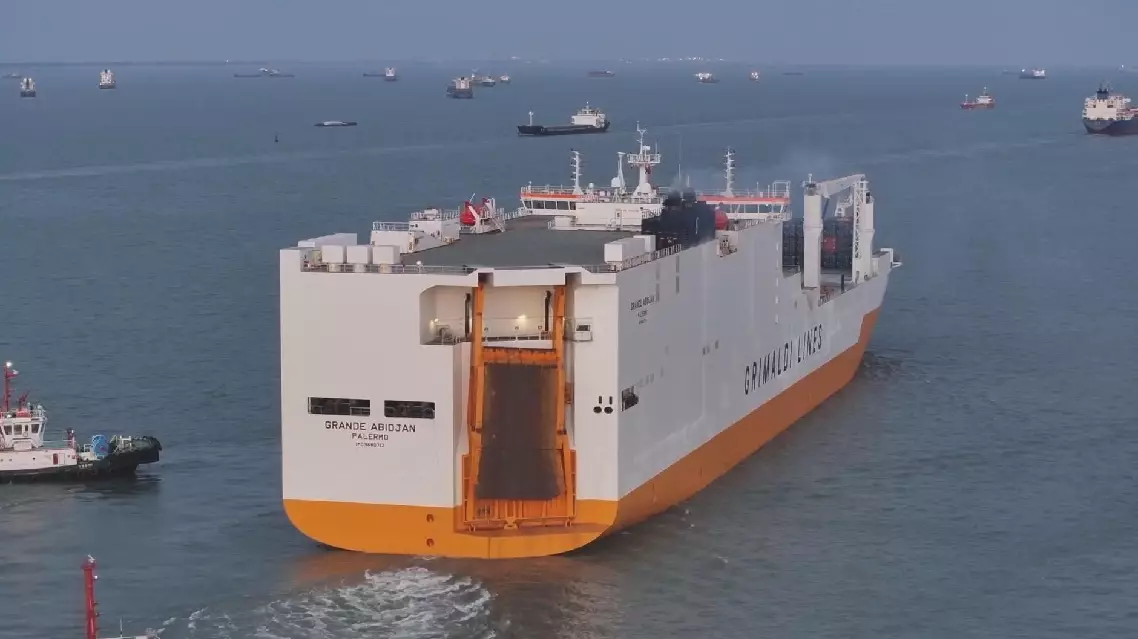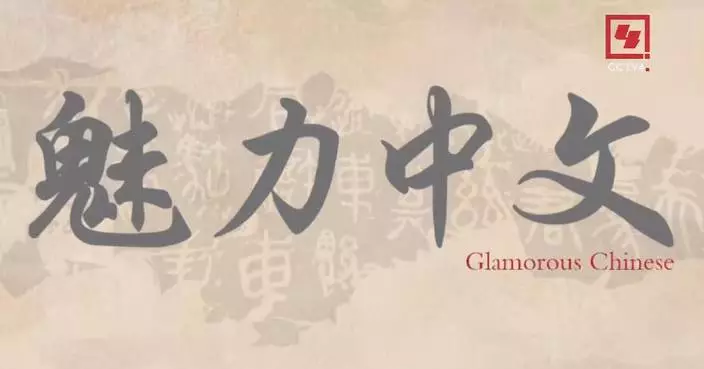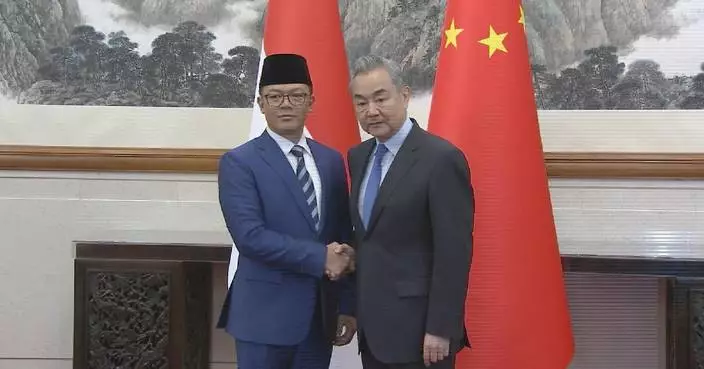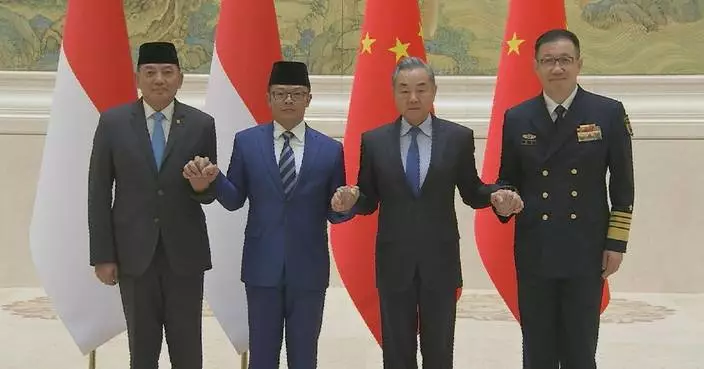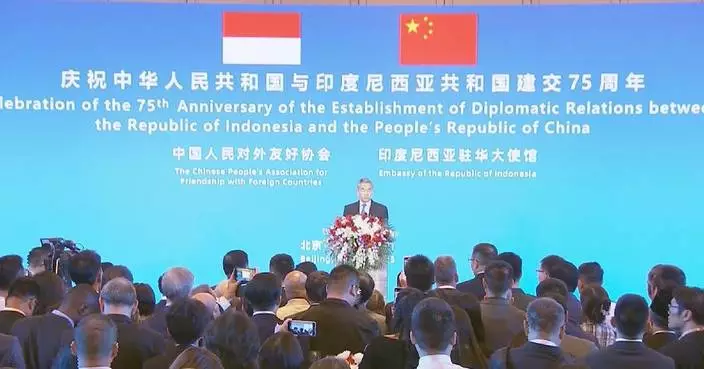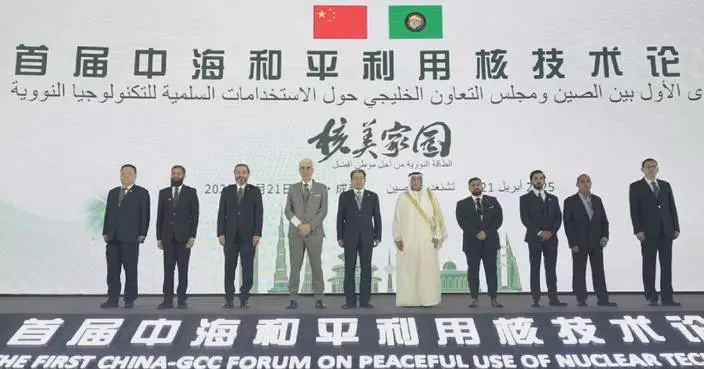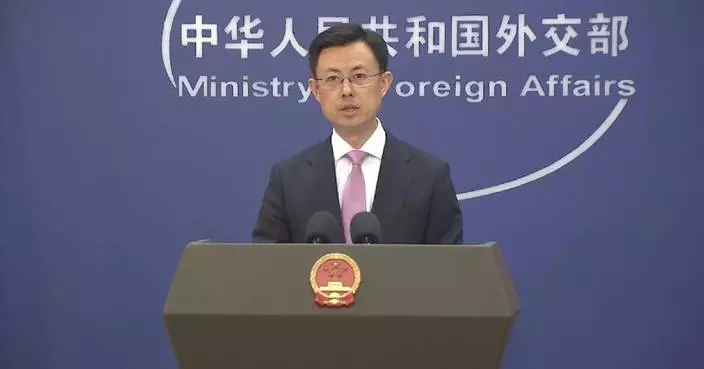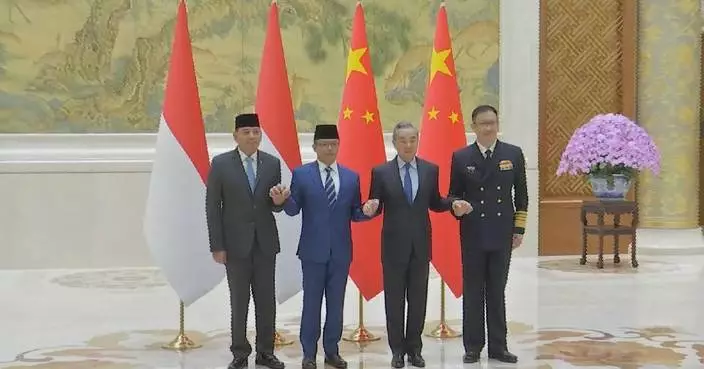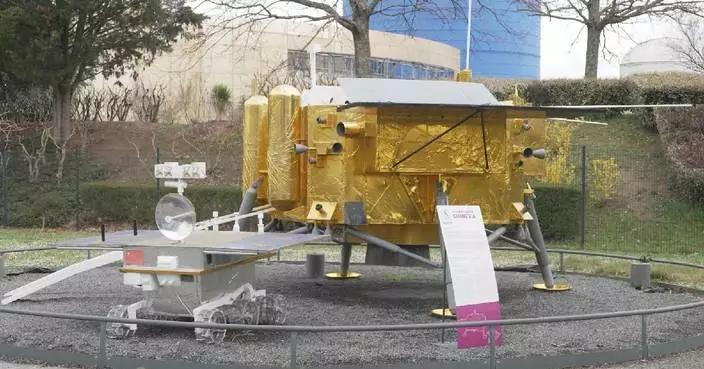Chinese culture does not need to prove itself, said a renowned British sinologist, who emphasized that China's unique script and architecture are not only symbols of its culture but also represent its distinctive voice on the global stage.
Frances Wood, former curator of the British Library's Chinese collections, shared her views on the transmission of Chinese culture in an interview, part of a special series "Race to the future" commemorating the 75th anniversary of the founding of People’s Republic China, produced by the China Global Television Network (CGTN)
She said she spent 50 or more years talking about China to people because they are so interested in everything about the country.
"I don't think that China needs to make any effort to make its culture more appealing. It is enormously appealing. China was there, is there and remains the same," she said.
Wood studied Chinese at Cambridge University in the 1970s, before traveling extensively in China while studying at Peking University in the Chinese capital of Beijing. After graduating from London University with a master's degree in Chinese Architecture, she joined the British Library in 1977 and served as the curator of the Chinese collections for more than 30 years, until retiring in 2013.
In the interview, she recalled her first trip to China in 1971.
"China was so completely different. It's almost impossible to describe. I have such fond memories of Peking at the time when it was really a kind of little slightly sleepy city, very, very charming, still retaining its old grid system. But now it's unbelievable the speed with which cities have been transformed into massive areas. The speed of building, the speed of change is absolutely extraordinary. I don't know what it can be like really to be an inhabitant of Beijing to see your city go kind of rushing past you at 100 miles an hour," she said.
She said the charm of Chinese civilization lies in the difference, which is really part of the charm.
"The Chinese language is so extraordinarily different, very strong, very distinctive and very Chinese. Nobody else in the world can lay claim as it were to the Chinese language and script and its extraordinary beauty and complexity. China has got a very distinctive, it's got a very distinctive voice in the modern world in that way," Wood said.
She gave a thumb-up to the contemporary Chinese young people as they are increasingly interested in traditional culture.
"People are now perhaps sort of seeking to establish a kind of a more peaceful and contented life and searching for the ways of being content, ways of being happy through traditional ideas. It's a very natural thing to want to kind of rediscover and enjoy again, things that were good in the past," Wood said.
When asked what is the core spirit of Chinese civilization, the scholar said it is "extraordinary longevity," as she said the essence of China lies in its enduring history and continuity, encompassing ancient beliefs, innovations, and cultural heritage that remain fundamental to its society.
"I suppose so intrinsic to China is that extraordinary longevity, that uninterrupted millennia, that Chinese history just goes on backwards and then on forwards. And I think that continuity, which includes things like Confucian beliefs, but also inventions, a sense of beauty and appreciation of different sorts of beauty and architecture and porcelain and ceramic production, silk production and so on. I think all those things are so long lived in China. They are very, very important and absolutely intrinsic to Chinese society today," Wood said.

Chinese culture does not need to prove itself: British sinologist



